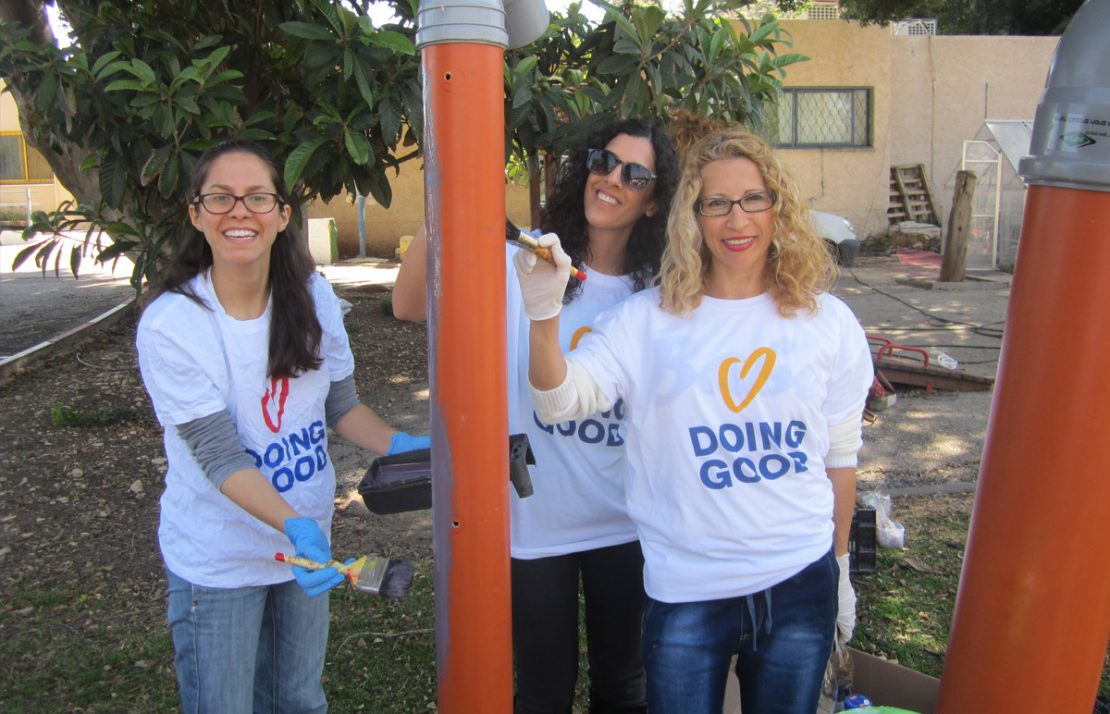
It rounds you out as a person.
Whether you’re advocating for children, protecting the environment, supporting animals, or raising awareness, your volunteer experience helps to bring you alive as a person and show what you value. It demonstrates your commitment to the community and causes that are bigger than you are. Many companies value philanthropy and appreciate employees who set out to make a difference.
It highlights transferable skills and adaptability.
You may be an accountant by day, but when helping out a non-profit, perhaps you’re working in event planning or communications. It shows that you have acquired a range of skills and that you can adjust and jump in where needed. You’re not pigeon-holed into doing one type of work. Even if you’re volunteering in a similar role as your career, you’re putting your skills to use in a different way.

It builds experience and fills in gaps.
Are you a recent graduate, a stay-at-home parent, or someone who has been out of work for a while? Volunteering is a way to stay active, continue learning new skills, network, and add experience to your resume. Unpaid work is still work, and what you’re doing matters. Demonstrating that you can achieve results at a non-profit can show your potential in your next job.
It enables you to network.
You never know when someone you meet volunteering will have connections with a potential employer. They may see that you spent time working with XYZ Organization and remember that a business partner, someone on the leadership team, or a professional colleague worked there too. Now you have something in common and a potential reference. Other volunteers may also be able to help you in your job search or with opportunities to refine your skills.

Volunteering may not seem like a big deal, but it can say a lot about you as a person and a professional. Don’t underestimate the value of the work you have done or its ability to present you in a more positive light. So, before you look at skipping the volunteering section on your resume, consider first what you have accomplished and how it can apply to your future.
This article was originally published on Grammar Chic and appears here with permission.




